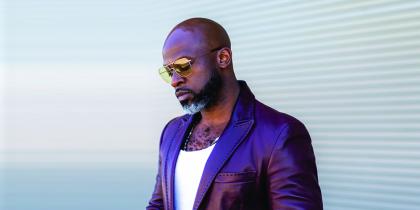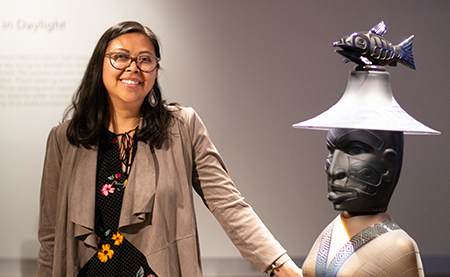Samuel E. Kelly Distinguished Faculty Lecture
Engaging Disability, Empowering History:
Ethics and Politics of Disability History
Featuring Dr. Joanne Woiak
Associate Teaching Professor
Disability Studies Program
University of Washington
Established in 2005 and named in honor of the UW’s first vice president for the Office of Minority Affairs, the annual Samuel E. Kelly Distinguished Faculty Lecture is dedicated to acknowledging the work of faculty whose nationally-recognized research focuses on diversity and social justice.
This year marks the 50th anniversary of Section 504, the first disability civil rights law enacted in the United States. In this lecture, Dr. Woiak explored questions about how the histories of disabled people and the concept of disability are remembered and forgotten. When society, academia, and historical records marginalize and erase disability, whose stories are left untold? And what are the consequences for people with disabilities today? Disability historians examine the archives through the critical lenses of disability studies and intersectionality, producing and making accessible new knowledge about lived experiences and cultural beliefs around disability. Drawing from the example of studies of the Black Panther Party’s role in the fight to implement Section 504, the lecture addressed the impacts of engaged and empowering directions for historical inquiry into disability activism, politics, and community.
Disability historians examine the archives through the critical lenses of disability studies and intersectionality, producing and making accessible new knowledge about lived experiences and cultural beliefs around disability. Drawing from the example of studies of the Black Panther Party’s role in the fight to implement Section 504, the lecture addressed the impacts of engaged and empowering directions for historical inquiry into disability activism, politics, and community.


